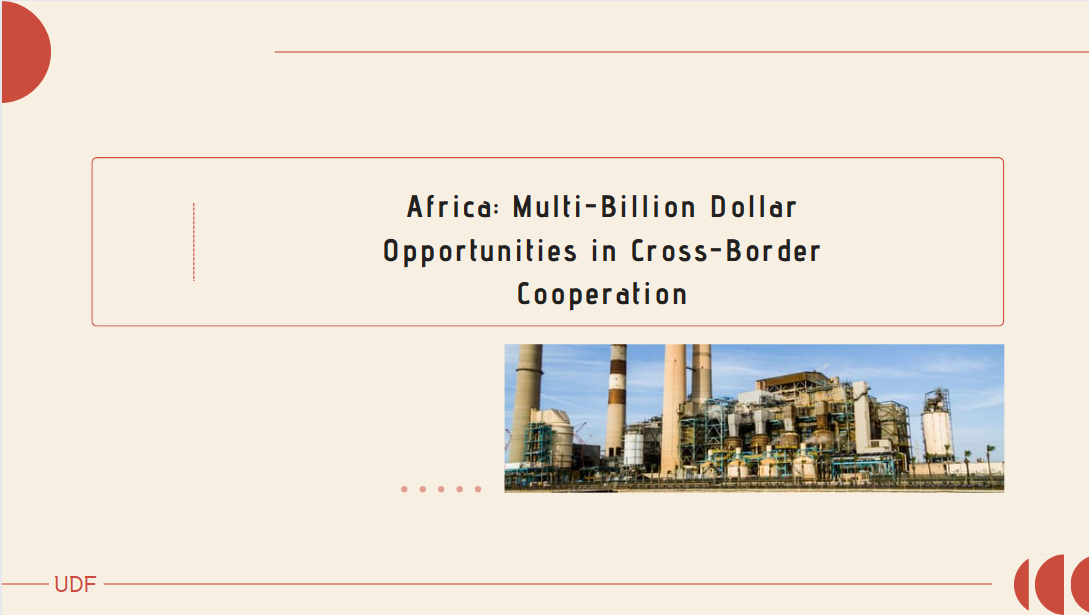Zambian Government and Partners Unveil New Financial Mechanism To Accelerate Energy Access Through Mini-Grids
In support of His Excellency President Hakainde Hichilema’s decision to accelerate deployment of mini-grids through the 1000 Mini-grid Initiative, the Zambian government have today unveiled a new financial mechanism to support mini-grid developers: the Demand Stimulation Incentive. Spearheaded by The Rockefeller Foundation with support from the Global Alliance for People and Planet (GEAPP), and Sustainable Energy for All (SEforALL), this first-of-its-kind, results-based incentive will help overcome the barriers for mini-grid deployment, increasing energy access to Zambians.
The Demand Stimulation Incentive will support rural development by powering productive uses of energy in communities currently lacking access to reliable electricity. Designed as a grant-based subsidy, the incentive steers mini-grid developers to rapidly connect small businesses and public institutions, spurring income generation and economic activity in these communities.
In its first phase, the incentive will target mini-grids deployments across 100 priority sites, which will positively impact the livelihoods of 30,000 rural Zambians and the welfare of over 100,000 Zambians by electrifying schools, hospitals, and other community institutions. Increasing access to reliable, affordable, and modern energy remains a key priority for the Government of Zambia and a critical enabler to bolster economic development in the country.
The launch of the 1000 Mini-grid Initiative at COP28 marked a significant milestone in Zambia’s pursuit of sustainable development and energy accessibility. With support from The Rockefeller Foundation, GEAPP, and SEforALL, the 1000 Mini-grid Initiative, which seeks to address energy accessibility challenges and stimulate growth in crucial sectors, including agriculture, energy, and rural development, ultimately aims to reach one million people over the coming years.
“Zambia is committed to transforming its energy landscape, and the 1000 Mini-grid Initiative provides a strong foundation to provide reliable, affordable and modern energy to rural communities. This is a collaborative endeavour with the support of our valued partners, The Rockefeller Foundation, GEAPP and SEforALL. I look forward to the transformation that this ground-breaking initiative represents including economic development, job creation, better education and healthcare.” — His Excellency Hakainde Hichilema, President of the Republic of Zambia
“Zambia’s leading the way with its vision to accelerate mini-grid electrification in the communities that have long gone without reliable, affordable energy. Realizing that vision will require collaboration and coordination among many stakeholders including public institutions, private entities, philanthropies, donors, investors, and communities themselves. The Rockefeller Foundation is proud to support this innovative, ambitious approach to unleash the power of Distributed Renewable Energy to advance opportunity even as we slow the climate crisis.” — Dr. Rajiv J. Shah, President of The Rockefeller Foundation
“This 1000 Mini-grid Initiative is yet another example of Zambia’s commitment to the Sustainable Development Goals and in particular SDG7. The Demand Stimulation Incentive that we have unveiled today is an immediate solution which we believe will help unlock the mini-grid market in Zambia. We believe that this incentive will greatly accelerate the closing of current energy access gaps which will go a long way in improving Zambia’s energy security and power economic growth, creating new possibilities for millions of Zambians.” — Damilola Ogunbiyi, CEO and Special Representative of the UN Secretary-General for Sustainable Energy for All, and Co-Chair of UN-Energy
“GEAPP is proud to support H.E. President Hichilema’s vision to build a more resilient, sustainable, and equitable energy system, deploying Distributed Renewable Energy (DRE) systems to enhance new and improved access in communities where they are the fastest and least cost electrification solution. The deployment of this Demand Stimulation Incentive will support mini-grid developers to work with communities to boost the productive use of energy and incentivize public institutions to connect to sustainable electricity.” — Joseph Nganga, Interim CEO at the Global Energy Alliance for People and Planet (GEAPP)
About GEAPP
The Global Energy Alliance for People and Planet (GEAPP) is an alliance of philanthropy, governments, technology, policy, and financing partners. Our common mission is to enable emerging and developed economies to shift to a clean energy, pro-growth model that accelerates universal energy access and inclusive economic growth while supporting the global community to meet critical climate goals during the next decade. As an Alliance, we aim to reduce 4 gigatons of future carbon emissions, expand clean energy access to one billion people, and enable 150 million new jobs. With philanthropic partners the IKEA Foundation, The Rockefeller Foundation and Bezos Earth Fund, GEAPP works to build the enabling environment, capacity, and market conditions for private sector solutions, catalyze new business models through innovation and entrepreneurship, and deploy high-risk capital to encourage private sector solutions and assist just transition solutions. For more information, please visit www.energyalliance.org and follow us on Twitter at @EnergyAlliance.























































First, please LoginComment After ~